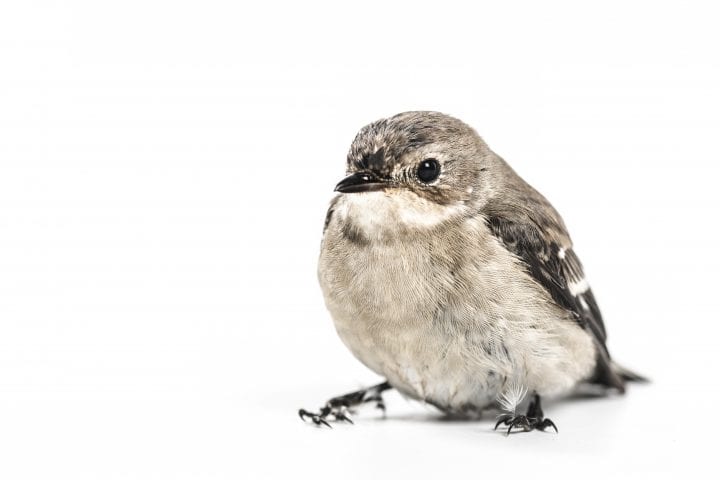
WITS Voices: The Invisible Kid
February 27, 2016
By Peter Mountford, WITS Writer-in-Residence
When I was in middle school I had this magical power, which was very useful. The way it worked was that if I wanted a teacher to not call on me I could camouflage myself, or become invisible. At the time, I wasn’t quite sure how it worked, but I would look at the middle distance and set my face with a certain slightly melancholy expression, and the teacher would not call on me. Even when they were actively trying to call on someone who hadn’t spoken up, they wouldn’t call on me.
It must have been magic. Obviously.
Now, because I am a practitioner of this magic, I am also immune to its effects. So, as a teaching artist, when children try to camouflage themselves or go invisible, I see them.
Every year I do a two-week intensive residency for WITS in Port Townsend, where I work with about ninety 8th graders. And while they’re writing their stories, I move table to table and help them each individually. The idea is that by the time they read their stories at the end of my two-week residency, I know all of their stories reasonably well.
This year, however, because I am now approaching middle age, what has happened, I think, is that I have lost touch with that magical power of mine. I’m too old, perhaps. I have lost the gift. That’s the only explanation for what happened.
What happened was that on the final day when my second period language arts group was reading their stories, we got to this one kid who I had never seen before. Who was this person? He appeared out of nowhere!
And then, to my further shock, he read this story and it was mind-bogglingly good. And I had not sat at his side and given him any individual help. None at all! And yet he had written sentences like:
I contented myself with watching the chickadees forage, and flit around in search of seeds they could feed their young. There was the scent of fresh morning dew, which cooled the air and made the ants scatter with each falling drop.
My mouth literally agape, I practically gave him a standing ovation. The rest of the students also looked startled that their peer had materialized suddenly and delivered this incredibly mature and lyrical story from the perspective of a tree in a woodland area bound for deforestation.
Once the class ended, I wanted to personally congratulate him and tell him that I looked forward to reading his revision of the story, but before I could make my way across the classroom to him, he had vanished into thin air.
Stunned, I asked Ms. Schroder about this mysterious savant, and she said yes, he was there the whole time. She added that he often makes himself invisible.
“I used to have that power, myself,” I said.
“It can be very useful.”
We both nodded in silence.